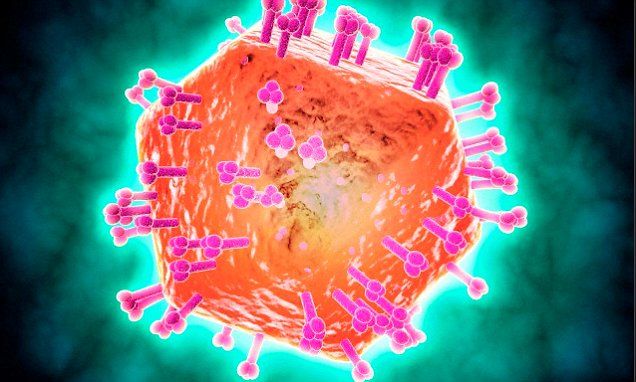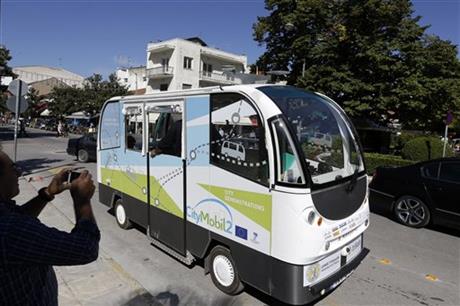![]()
A team of physicists has proposed a way of teleporting energy over long distances. The technique, which is purely theoretical at this point, takes advantage of the strange quantum phenomenon of entanglement where two particles share the same existence.
The researchers, who work out of Tohoku University in Japan, and led by Masahiro Hotta,describe their proposal in the latest edition of Physical Review A. Their system exploits properties of squeezed light or vacuum states that should allow for the teleportation of information about an energy state. In turn, this teleported quantum energy could be made useable.
Unlike teleportation schemes as portrayed in Star Trek or The Fly, this type of teleportation describes entanglement experiments in which two entangled particles are joined despite no apparent connection between them. When a change happens to one particle, the same change happens to the other. Hence, the impression of teleportation. Physicists have conducted experiments using light, matter, and now, energy.
Continue reading “Physicists say energy can be teleported ‘without a limit of distance’” »
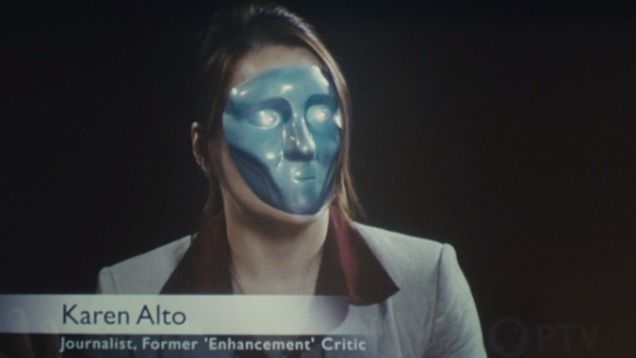

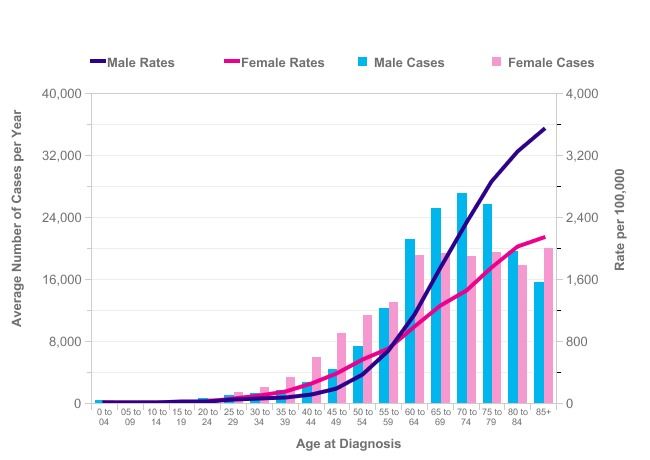
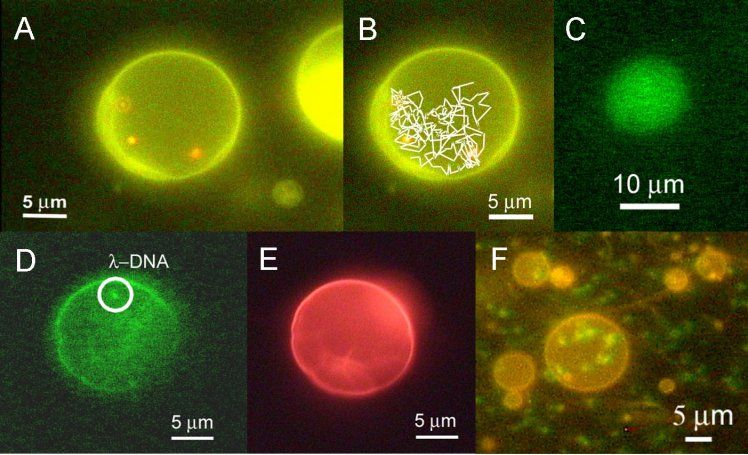
 In Jurassic Park, a novel devoted to the scare of genetic engineering when biotech was new in the 1990s, the character of John Hammond says:
In Jurassic Park, a novel devoted to the scare of genetic engineering when biotech was new in the 1990s, the character of John Hammond says:
